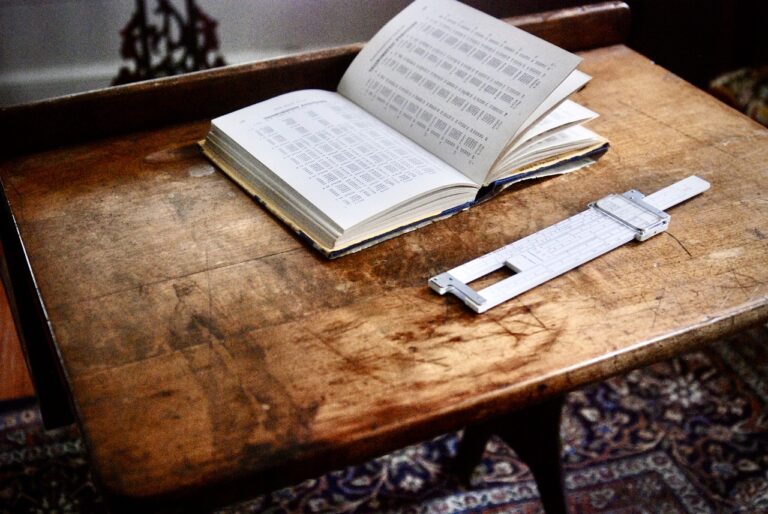Addressing the Assessment Needs of Special Education Students: Cricbet.99, Sky1exchange, Cricbet99 reddy anna
cricbet.99, sky1exchange, cricbet99 reddy anna: Special education students often face unique challenges when it comes to assessment. Traditional methods of testing may not accurately measure their abilities or progress, leading to inaccurate results and missed opportunities for appropriate support. It is essential for educators to take a tailored approach to assessment for special education students to ensure they are receiving the proper accommodations and interventions they need to succeed.
Assessment for special education students should be comprehensive, taking into account their individual strengths, weaknesses, and learning styles. This may include a variety of assessment tools such as observations, portfolios, performance tasks, and informal assessments. These methods can provide a more accurate picture of a student’s abilities and progress than standardized tests alone.
One key aspect of addressing the assessment needs of special education students is the use of accommodations and modifications. Accommodations are changes to testing conditions that help students access the assessment, such as extended time, frequent breaks, or use of assistive technology. Modifications, on the other hand, are changes to the content or format of the assessment to better match a student’s abilities, such as simplified language or fewer answer choices.
Individualized Education Programs (IEPs) play a crucial role in guiding assessment for special education students. IEP teams should work together to determine appropriate assessment tools, accommodations, and modifications based on a student’s unique needs and goals. Regular progress monitoring should also be built into the IEP to ensure that students are making academic gains and receiving the support they need.
Inclusion and collaboration are essential components of effective assessment for special education students. Teachers, related service providers, parents, and students themselves should all be involved in the assessment process to gather a comprehensive understanding of a student’s abilities and needs. Collaborative assessment practices can lead to more accurate results and better inform instructional decisions.
By addressing the assessment needs of special education students with a tailored approach that includes appropriate accommodations, modifications, and collaborative practices, educators can better support these students in reaching their full potential. It is essential to recognize the unique challenges they face and provide the necessary tools and strategies to help them succeed.
—
**FAQs**
Q: What are some examples of accommodations for special education students during assessments?
A: Accommodations may include extended time, frequent breaks, use of assistive technology, separate testing environments, and simplified language.
Q: How can educators ensure that assessment is individualized for special education students?
A: By working collaboratively with IEP teams, using a variety of assessment tools, and monitoring progress regularly, educators can ensure that assessment is tailored to each student’s unique needs.
Q: Why is collaboration important in the assessment process for special education students?
A: Collaboration helps gather a comprehensive understanding of a student’s abilities and needs, leading to more accurate assessment results and better instructional decisions.







